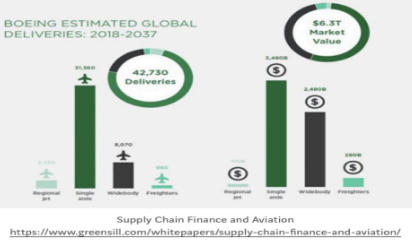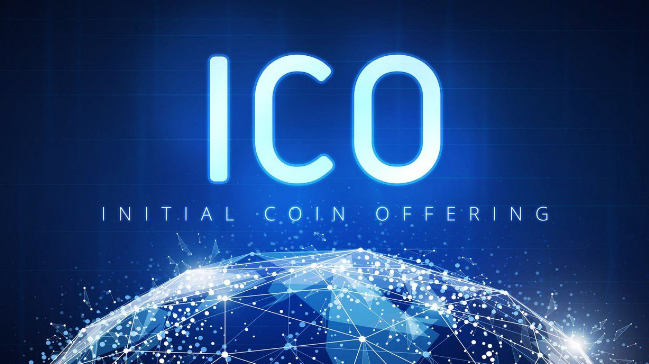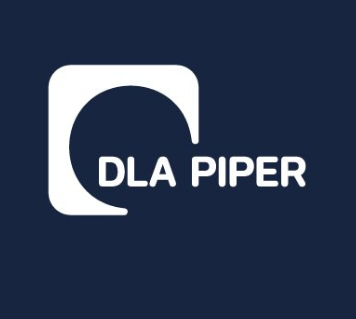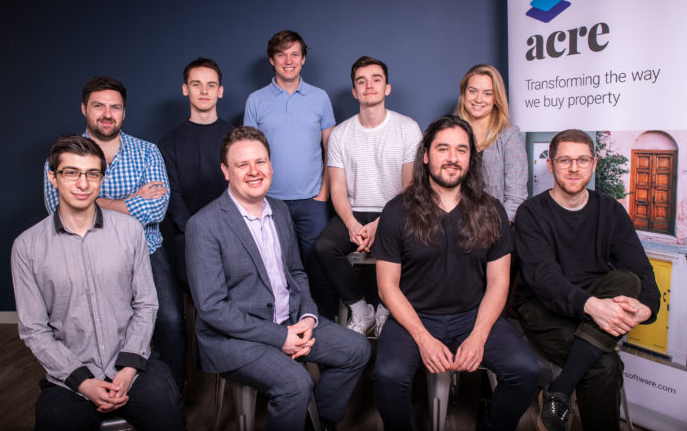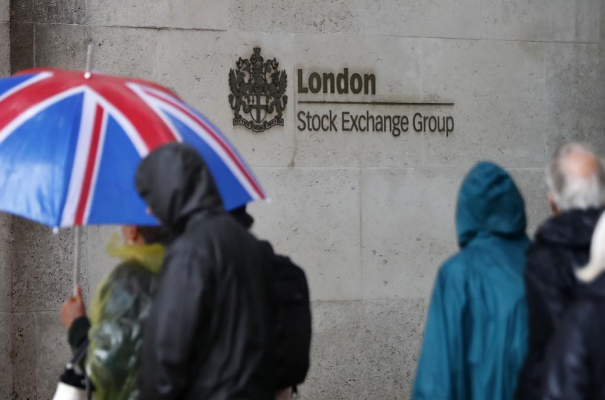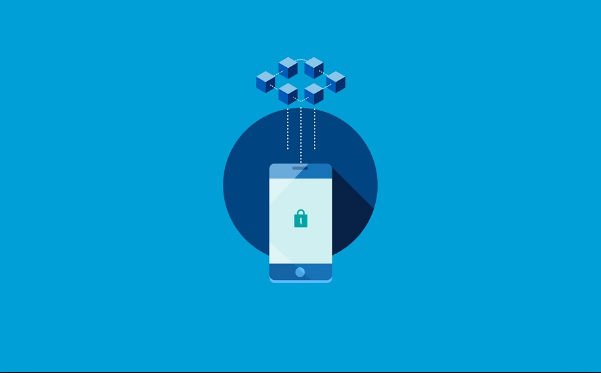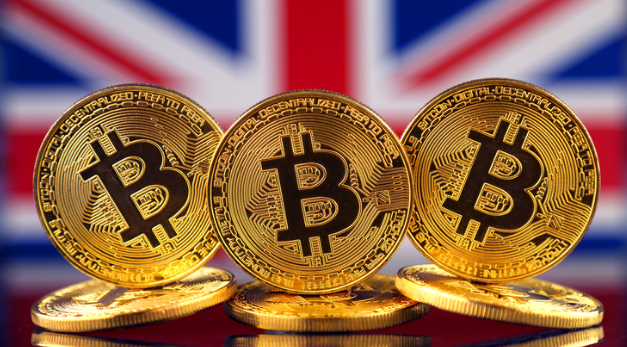 The Bank of England has been working with a number of FinTech companies exploring possible uses for Blockchain technology, as it looks at possible solutions to upgrade the Clearing House Automated Payment System (CHAPS) platform.
The Bank of England has been working with a number of FinTech companies exploring possible uses for Blockchain technology, as it looks at possible solutions to upgrade the Clearing House Automated Payment System (CHAPS) platform. CHAP processes £500 billion a day as it transfers money between banks in the UK. It was first introduced in 1984 but, at a cost of £35 per transaction, cheaper, faster and more efficient alternatives are being researched.
One of the firms that the Bank of England has been working with is Clearmatics, which raised $12million last year, and now Reuters has reported that a consortium of some of the world’s largest banks are looking to invest a further $50 million into Clearmatics.
Clearmatics has been working on a project which aims to create a more efficient clearing and settlements platform and hopes to have it running by 2020.
BNY Mellon, ICAP, Deutsche Bank, and Santander all joined UBS bank and Clearmatics on the “utility settlement coin” (USC) project. Clearmatics founder, Robert Sams, said: “USC is as a form of digital cash that is fully backed by cash assets at the central bank.” It is understood USC would be like a “central bank-backed cash digital equivalent” that would run on a platform powered by Blockchain Technology, i.e. it would be convertible at parity and backed by cash assets held at a central bank. Therefore, using the USC would be the same as spending the fiat currency it would be paired with. However, in order to be successful, the USC project will need to have multiple central bank approval and prove that it can be scalable to handle potentially millions of transactions securely and accurately on a daily basis. This potentially will require different jurisdictions to agree on the legal compliance and potential tax treatment for this Digital Asset, which could pave the way to help others adopt Digital Assets.
Meanwhile, The Central Bank of The Bahamas (CBoB) is looking to launch its own digital currency by 2020, as the bank has announced that it has selected a company called NIZA to provide the technical expertise for its digital currency. The CBoB’s aim is to have a digital currency, so enabling its citizens and businesses to have an affordable electronic payment system and to have cheaper, easier access to global markets.
In Sweden, where the use of cash is the lowest in Europe as more and more people use credit and debit cards, the Swedish Riksbank believes that an e-krona (a state-backed national currency using Blockchain technology) could be a promising and reliable substitute. But Riksbank is not rushing to introduce this asset to the general public in the short term. These are clear examples of how Digital currencies are being driven “top-down” (i.e. by governments and global banks) as opposed to Digital tokens being driven “bottom-up”(start-ups issuing cryptocurrencies via Initial Coin Offerings (ICOs)).


